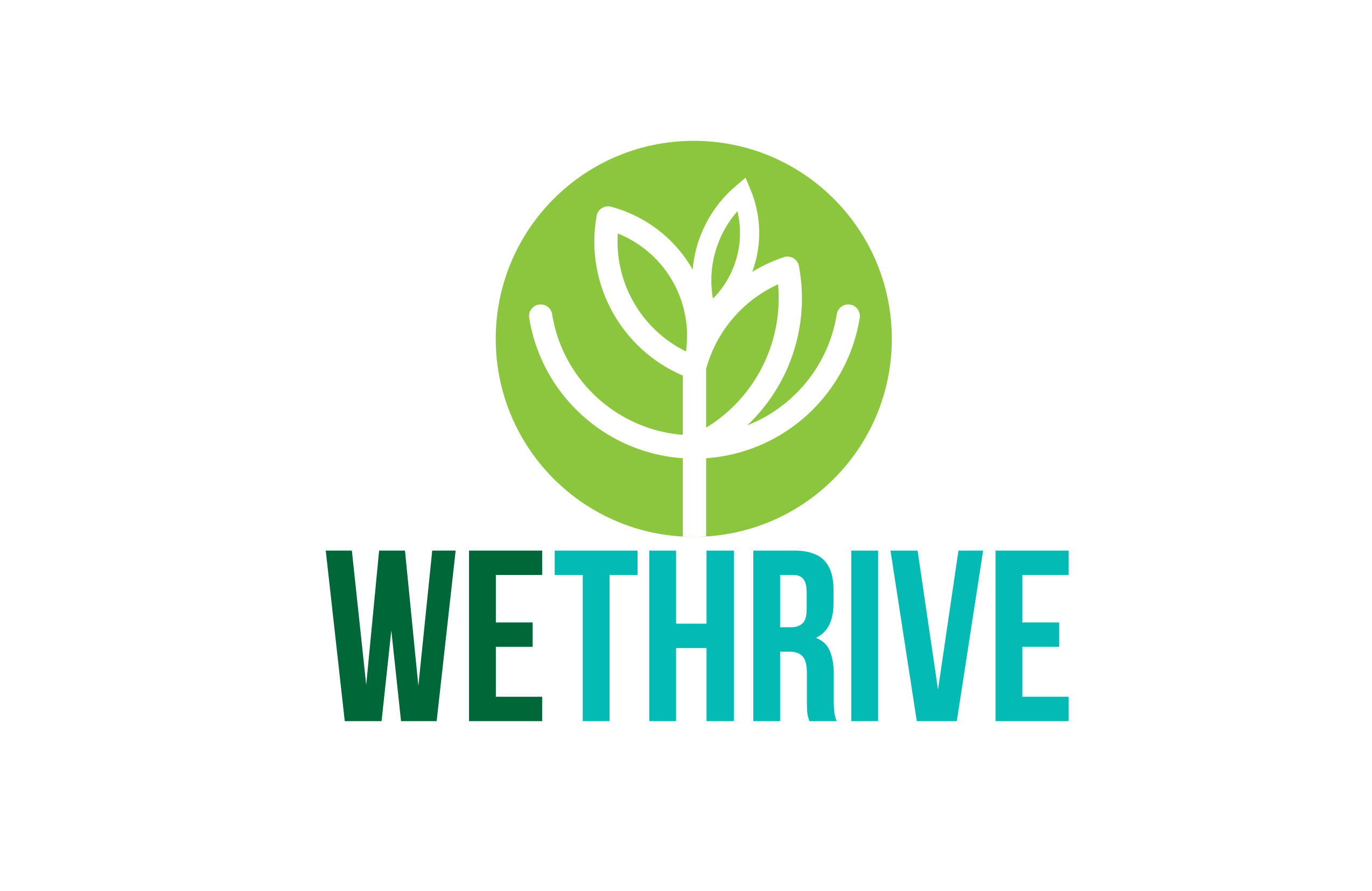Dr. Sonja Lyubomirsky, positive psychology researcher and professor
whose career has been devoted to the study of human happiness identifies these factors as having the greatest influence on our capacity to be happy (The How of Happiness, 2007):
- Our ability to take a constructive perspective toward life or to reframe our situation more positively,
- Our capacity to experience gratitude, and
- Our choice to be kind and generous.
We often think of happiness as being largely dependent on our life circumstances—
If I just got that promotion,
if only I can earn more,
if I could take that dream vacation.
Yet, much of the research on happiness, as shared by Dr. Lyubomirsky and her colleagues, suggests that
what happens to us matters much less to our happiness than our actions and mindsets.
In other words, we have more control on our happiness than we might normally think.
This is good news. In the midst of the prolonged crisis and uncertainties we face in our world today, we can take action and orient our minds toward happiness. As Zen master Thich Nhat Hanh has said,
“There is no way to happiness. Happiness is the way.”
We can welcome 2021 with a more genuine and sturdier hope, not anchored on wishing away our difficulties, but instead living from a deeper wisdom that every moment carries a happiness potential which we have the power to turn on. What’s even more compelling about turning on happiness is that there is research evidence which shows that happiness can spread from person to person and that the relationship between people’s happiness extends up to three degrees of separation, as revealed in the 20-year longitudinal study by social scientists James Fowler (UC San Diego) and Nicholas Christakis (Harvard University) on the dynamic spread of happiness over a large social network (2008).
The question now is, how do we practice happiness? The behaviors and habits we engage in do matter. Here are some of the keys to happiness that Dr. Lyubomirsky and other researchers have identified:
Build relationships
Perhaps the dominant finding from happiness research is that social connections are key to happiness. Studies show that close relationships, including romantic relationships, are especially important, suggesting we should make time for those closest to us—people in whom we can confide and who’ll support us when we’re down.
Give thanks
Research by Michael McCullough, Robert Emmons, Lyubomirsky, and others has revealed the power of simply counting our blessings on a regular basis. People who keep “gratitude journals” feel more optimism and greater satisfaction with their lives. And research shows that writing a “gratitude letter” to someone you’ve never properly thanked brings a major boost of happiness.
Practice kindness
Research by Elizabeth Dunn and her colleagues finds that people report greater happiness when they spend money on others than when they spend it on themselves, even though they initially think the opposite would be true. Similarly, neuroscience research shows that when we do nice things for others, our brains light up in areas associated with pleasure and reward.
Give up grudges
Groundbreaking studies by Everett Worthington, Michael McCullough, and their colleagues show that when we forgive those who have wronged us, we feel better about ourselves, experience more positive emotions, and feel closer to others.
Get physical
Exercise isn’t just good for our bodies, it’s good for our minds. Studies show that regular physical activity increases happiness and self-esteem, reduces anxiety and stress, and can even lift symptoms of depression. “Exercise may very well be the most effective instant happiness booster of all activities,” writes Lyubomirsky in The How of Happiness.
Get rest
Research has consistently linked lower sleep to lower happiness. What’s more, a study of more than 900 women, led by Nobel Prize-winning psychologist Daniel Kahneman, found that getting just one more hour of sleep each night might have a greater effect on happiness than a $60,000 raise.
Pay attention
Studies show that people who practice mindfulness—the moment-by-moment awareness of our thoughts, feelings, and external circumstances—not only have stronger immune systems but are more likely to be happy and enjoy greater life satisfaction, and they are less likely to be hostile or anxious. Pioneering research by Richard Davidson, Jon Kabat-Zinn, and others has found that a basic eight-week mindfulness training program can significantly improve our physical and psychological well-being.
In the end, it’s important to keep finding and developing the right fit. The practice of cultivating happiness is not “one size fits all.” Understanding ourselves better can help us choose habits that align with our personality, situation, and goals.
Let’s all walk together into a happier 2021. It is in our hands.


